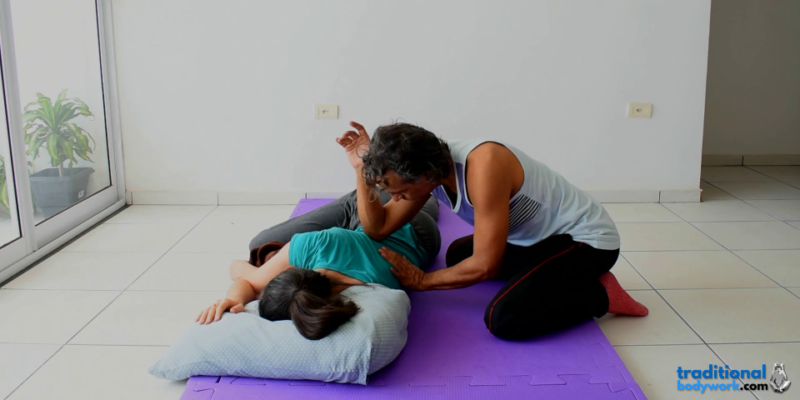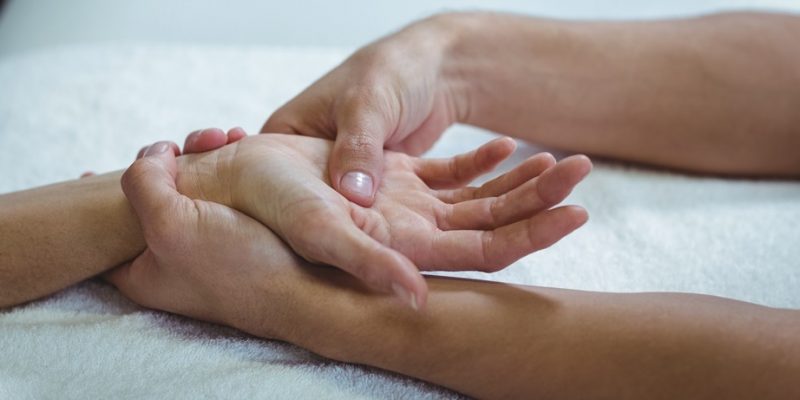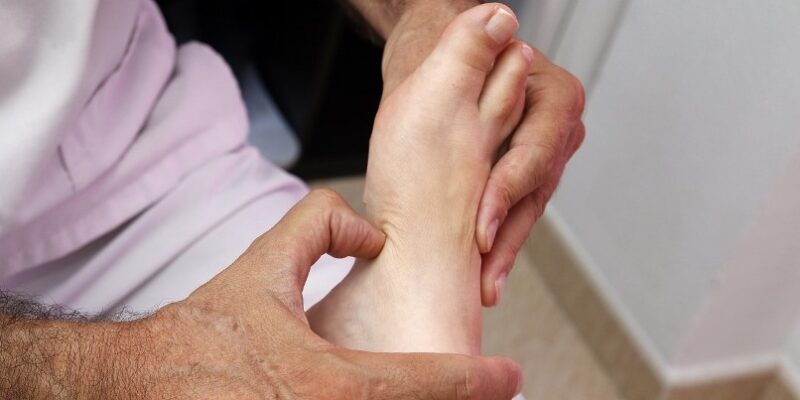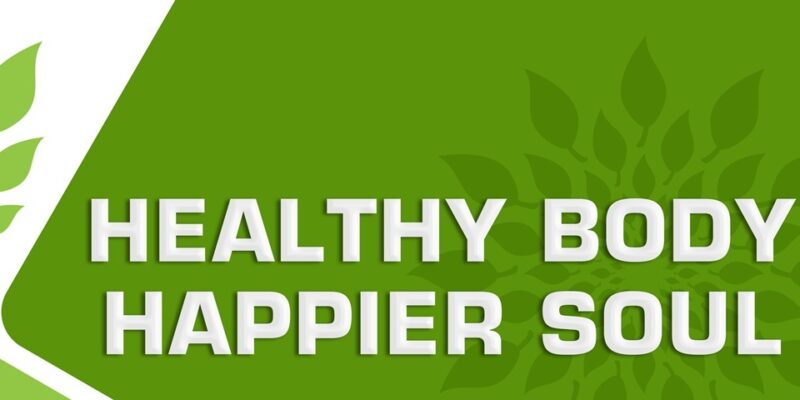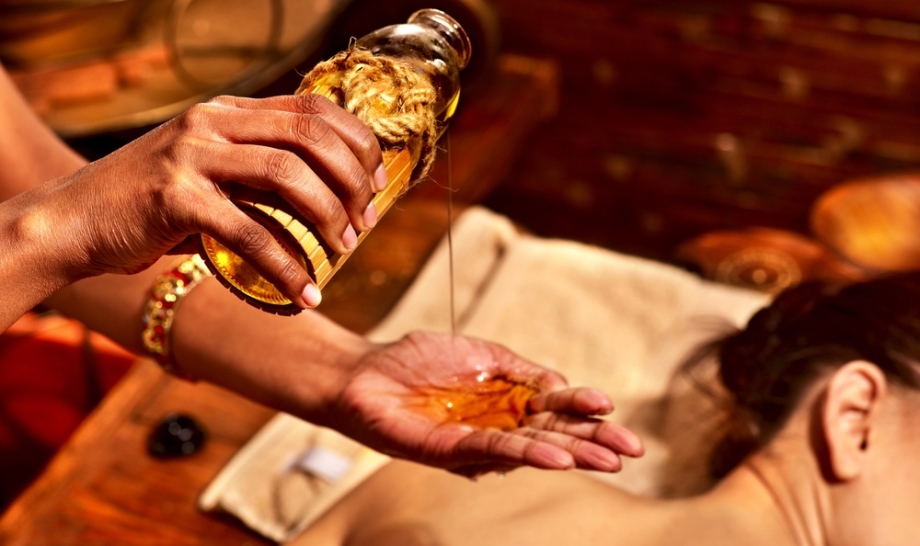
Addiction is a deeply complex condition that affects not only the body, but also the mind. Whilst medical detox at home and rehab programmes are essential parts of the recovery process, holistic therapies are becoming an increasingly popular tool when it comes to recovery.
Holistic therapy includes message therapy and can play a huge role in helping individuals restore balance and reconnect with themselves during recovery and after recovery from drugs and alcohol. Massage therapy is not your average massage or therapy session. When you use massage in the context of addiction recovery, it becomes a tool to help people heal and recover from emotional and physical pain and distress held by the body when you suffer from addiction issues.
When an individual suffers from addiction, their body holds a lot of tension and trauma. By releasing this tension, you are able to reduce stress and feel more in control of your body. This supports both detox and long term recovery, helping people to rebuild their lives from the inside out.
Understanding Addiction
Addiction alters the brain’s chemistry and the way your body interacts with substances. Addiction also affects the nervous system, leaving individuals suffering from addiction issues in a prolonged state of stress, anxiety and physical discomfort. During addiction, the body endures chronic strain and stress. This includes poor sleep and nutrition to muscle tension, inflammation and even hormonal imbalances. The mind then becomes caught in cycles of craving, guilt and emotional trauma.
Traditional rehab recovery strategies tend to focus primarily on detoxification, therapy, and relapse prevention. Whilst these are vital, the process of physical recovery through healing is equally important. The body holds memories of trauma, tension and distress that often cause the addiction itself in the first place. Without addressing the physical root of stress and emotional pain, it can be difficult to recover.
This is where holistic therapies such as massage come in. Holistic therapy massage is able to help in bridging the gap between physical and psychological recovery. Through mindful touch, pressure and movement, it can help to reset the nervous system, focus the mind and support the body as it learns to live without the use of addictive substances.
Massage Therapy in the Detox Process
The detox stage is one of the most challenging phases of addiction recovery. As the body begins to clear out toxins and become independent from the addictive substances, withdrawal symptoms tend to kick in. These can include pain, restlessness, fatigue and even physical sickness. During this time, massage therapy can act as a great tool, offering relief from discomfort while helping the nervous system to calm.
Massage increases circulation, which helps to flush toxins through the lymphatic system. This is a huge part of recovery and stress management. By doing so, it can also ease muscle soreness, improve sleep, and reduce the intensity of cravings by lowering cortisol levels, which is responsible for stress. In turn, this helps to boost serotonin and dopamine levels, which are responsible for you feeling good and happy.
Beyond the physical effects, massage during detox can bring a deep sense of safety and reassurance in the process and the people who are treating you. Many people entering rehab struggle with negative feelings of shame, isolation, and even struggle to trust both their bodies and those around them. Gentle touch from a trained therapist can help re-establish a sense of yourself and your body which will help you to recover and gain control over your body once more.
Traditional Bodywork Techniques and Recovery
Traditional bodywork spans many different cultures and healing traditions, each with unique techniques, philosophies and belief systems. Many of these recovery methods can be deeply supportive during and after addiction rehab when it comes to your long term recovery from an addictive substance. Below are some different massage and bodywork techniques.
1. Thai Massage
The Thai massage comes from Buddhist healing traditions and is often described as ‘yoga for the lazy.’ The therapist guides the individual through a range of different stretches and compression. This approach promotes energy flow, loosens tight muscles and stimulates circulation. The meditative aspect of Thai massage can also help calm negative thoughts and reconnect individuals with their breath, grounding them in the present moment which will help them through any cravings.
2. Shiatsu
This technique originates in Japan and focuses on applying gentle pressure to specific points on the body. These points are believed to correspond with internal organs and then also emotional states. For those recovering from an addiction, Shiatsu can help balance the body’s energy, reduce anxiety and relieve withdrawal symptoms.
3. Ayurvedic Massage
Ayurveda is the ancient healing system from India. It views addiction as a ‘disturbance of the body’s natural balance’ or ‘doshas.’ This type of massage uses warm oils to remove toxins form the body. This is particularly effective if you struggle with an alcohol addiction. During detox, this practice can soothe the nervous system, hydrate the skin, and help clear physical issues.
4. Reflexology
Reflexology works on the principle that different areas of the feet, hands, and ears correspond with various organs and systems in the body. Gentle pressure on these points can reduce tension and support the detox process. Many people recovering from addiction find reflexology helps with a lot of different issues, including ease, stomach issues, and anxiety during withdrawal and long term recovery.
5. Lomi Lomi
Lomi Lomi originally comes from Hawaii and uses long, flowing strokes and rhythmic movements to promote connection and forgiveness, both with yourself and with other people. This type of therapy can be profoundly healing for individuals in recovery who struggle with self-compassion and forgiveness [3].
Healing the Body After Addiction
Substance misuse can take a heavy toll on the body which is why aftercare is incredibly important when it comes to your long term recovery. Addiction to alcohol and drugs can have both long and short term impacts on the kidneys and the heart, while also causing mental health issues including depression and anxiety.
Not only this, but during rehab, the body would have been put through a lot of trauma and hard work, meaning that you will need to continue to heal long after you attend drug and alcohol rehab.
Once you leave rehab, you should continue to look after yourself through a range of other holistic techniques, some of which are listed below for you.
- Improved circulation helps deliver more oxygen to the tissues and parts of the body damaged by long term substance use.
- Lymphatic drainage accelerates the removal of toxins that build up during detox and recovery.
- Relaxed muscle tension helps to get rid of any pain and improves your mobility, helping you to feel more comfortable in your own body.
- Better sleep supports your immune system which will be key to your long term recovery and wellbeing.
When the above recovery and holistic techniques are combined into your aftercare plan, individuals are much more likely to stay on track with their recovery and see better results, avoiding cravings and relapses.
The Future of Massage and Holistic Therapy in Addiction Recovery
As holistic health continues to gain in popularity, the role of massage therapy in addiction recovery is likely to expand further. Research into massage based therapies is growing, highlighting their positive impact on stress reduction, emotional regulation and their positive effects on addiction recovery.
An increasing number of rehab centres are now using massage therapy to help individuals manage their stress and recovery from their addiction issues. Hopefully, over the coming years, we will see more and more healthcare providers provide this type of treatment.
It is important to remember that recovery is not a linear process. Instead, it is about recovering from your trauma, entering a detox and finding the right type of therapy techniques that work for you. Recovery is also about healing both the body, the mind and the soul, and massage therapy is a great way to do this.
As society and doctors become more open to holistic approaches, traditional bodywork and massage proves that true healing from addiction is not only about medical intervention, but it is also about nurturing the entire person and their body in the process.









